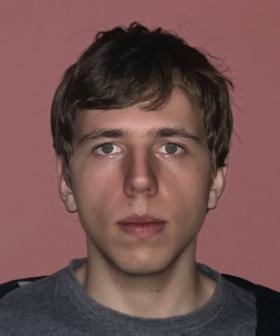Rokas Elijošius re344@cam.ac.uk
Lithuania
Physics, St Catharine's College
PhD thesis: Design and optimisation of molecular catalysis for sustainable materials manufacturing
Research interests:
1. Materials design
2. Biases in data-driven approaches
3. Physics-inspired machine learning
4. Molecular simulations
My research focuses on the optimisation of chemical processes. The chemical industry accounts for 15% of global primary oil demand and 9% of gas -- making it the largest industrial energy consumer. Many chemical processes require aggressive heating or expensive catalysts to achieve high yields, thus costing millions in either energy or materials cost. More efficient catalysis could mitigate these costs.
Throughout my PhD, I aim to model various industrially relevant reactions with physics-inspired machine learning. A machine learning model can screen thousands of conditions at a fraction of the cost compared to more traditional computational approaches. The catch being that data-driven approaches require large amounts of data. A core assumption of many machine learning approaches is that seen and unseen data follow the same distribution. This is very rarely the case in historical data; thus, a core part of my research is finding ways to debias data.
Who or what inspired you to pursue your research interests?
Coming into Cambridge for my undergraduate, I thought I would be a synthetic chemist. However, many long hours in the laboratory and some fantastic theoretical courses persuaded me to follow a more computational path. Still, I remain excited by organic chemistry – only now I can do chemistry from the comfort of my computer chair.
On a more serious note, molecular materials impact countless industries. In the context of climate warming, developing more efficient materials seems like a very meaningful pursuit to me.

